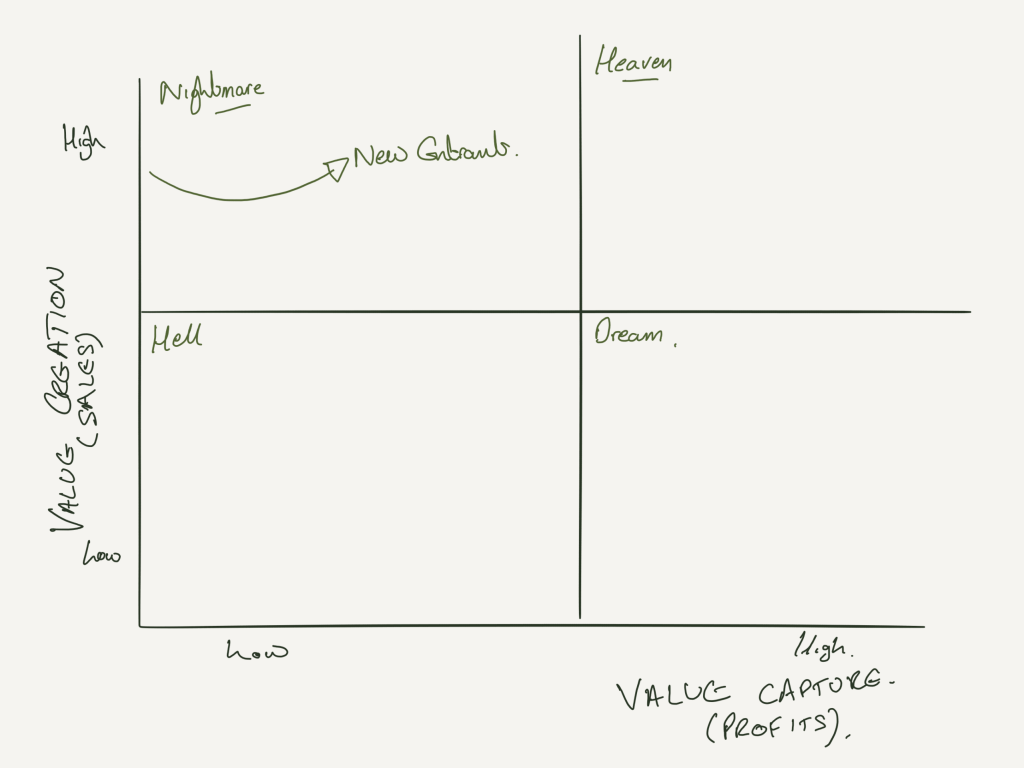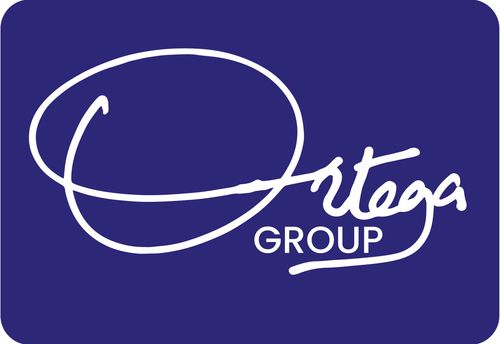What is the hardest job in the world? It’s the creation of value. Value is what separates individuals in the world. If you think of organizations such as Apple, their greatness is in the creation of value. And value is not just physical values. In fact, the richest companies rarely create physical values. They tend to create other intangible forms of value.
Intangible values have the advantage of not being easy to replicate. You can acquire Apple’s suppliers, acquire the same machinery, hire some of its people, but’s probably impossible to acquire the DNA of apple, the cultural value they have created, their innovative value. Of course, over time, companies could also find it hard to sustain their value creation abilities. That’s why the Giants today, are nowhere tomorrow.
If every business understood one word, it should be the word- value. And strategy ultimately is about the creation of value. How does your business create value in a way unique from others, in a way that makes the most of its abilities, its people, its resources, it’s environment? Strategy is about the whole.
The option for businesses that don’t create value is to become immensely great at capturing that value. Company A could create value through local production of tiles in Uganda. Company B will simply come and copy that, and eat away at the local tile work already done by Company A.
Thus, once a business creates value, it must also have abilities to capture most of the value it has created. We thus say, the difference between value created and value captured is waste. Value creation is the input, Value capture is the output. If everything is flowing smoothly, business should get close to maximum value capture. It’s impossible to capture all the value created. Not all marketing efforts translate into sales. Thus, businesses should create value and capture most of that value.
Sometimes value can be enhanced through forward integration of one’s business, or backward integration. Mandela Millers for example has both a wheat and maize mill. These produce waste that’s an input to the animal feeds. Or you can imagine value creation that could come through innovation. Think of the value that was created with the transition to the smart phone. Or value of safe boda not only transporting people but enabling other product logistics.
If you can create value faster and capture it better than your competition, you have the advantage in the market. For example, how do you create value with your human capital? Could it mean more customized trainings? Again, one of the things common in organizations is not customizing trainings to the context, to the person, to the job. Organizations tend to generalize their trainings, thus missing out on abilities to unlock the human advantage. Value can be created with better efficiencies, better demand forecasting, in you think of those in the manufacturing sector.
There’s also financial value to be created. It could come from better cash operating cycles. It could mean making the right capital investments, having better returns on capital employed. Whenever an industry is disrupted, it’s because a new industry has come around and taken away their ability to create value.
Think of the newspaper industry in Uganda. Social media happened. It created value (news) faster than the newspapers. How then can the newspapers create value in this new age? It could be in providing the value that social media is unable to provide. For example, the feature component to stories. It could mean better authentication. Innovation is thus asking the question? How do we find better ways to create value for our customer? It’s the question businesses should be asking themselves every day; ‘how do we create value?’ How can we do it faster? Better? Effectively? Efficiently? Ethically? With Enthusiasm?
Of course, this rule applies too to individuals. Those who create and capture more value in an organization get promoted. That means one does their current job well, efficiently and they raise up the hand for promotion. Some individuals stop at value creation (doing their work effectively) and forget value capture (things such as self-promotion, understanding the organizational politics, negotiating for better pay). Thus, you could see that sometimes someone will create less value but if they capture it better, they will climb the corporate ladder.
The job for every business is to define what value means in their business. What does value mean for overall business? What about for finance? What is value? What about operations? What does value translate to? What about in marketing? How do you know that the marketing company has created value? There should be a number to it. But the question of performance measurement should be another Ortega Group insight. Because sometimes businesses measure the wrong elements. And thus, spend time collecting data on things they need not collect data on.
Denis Oakley has an interesting matrix, have reshared it from his Linkedin:


